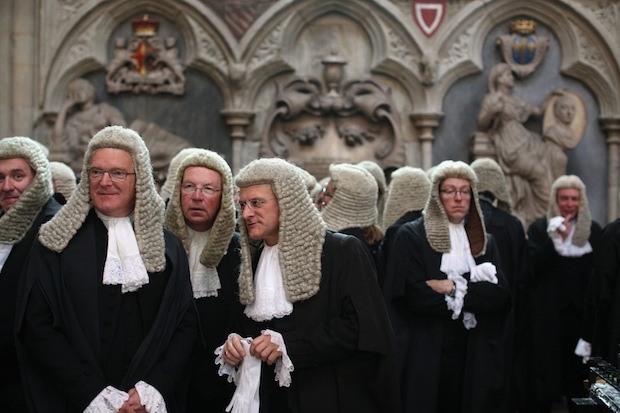It really is time that we had an honest debate about sex crimes. But in the present climate I wonder if it is possible.
Over the next few days there will be howls of rage from women’s groups about comments by a prosecutor that a thirteen year old girl’s behaviour was sexually ‘predatory’.
I am not going to make the mistake of commenting on a case when the only information I have are clips from the newspapers. So let me deal with the generality. Is it ever appropriate to use such words in a court case involving rape or sexual assault?
The common sense answer must be ‘yes’. I have been prosecuting and defending rape cases, sometimes involving very young children for over thirty years. They are harrowing experiences for everybody but particularly for the complainant, who has to pluck up considerable courage to go to the police, to say nothing of the distress caused by giving evidence.
Every effort must be made to encourage those who have been sexually abused or raped to report what has happened. Judges and prosecution barristers have to be specially trained before undertaking such trials. There are strict limits on how far cross examination can go. The days when barristers were allowed to cross examine a complainant about their sexual history are long gone. And comments such as ‘but wasn’t your cleavage too low, or ‘wasn’t your dress too short’ coupled with ‘what did you expect then?’ are rightly forbidden.
But one of the reasons that the level of convictions for rape is comparatively low is that there are rarely any witnesses. Of course ‘no’ must mean ‘no’, no matter what has happened beforehand. Yet juries find it very difficult to work out who to believe when it is one word against another.
But if it is traumatic for the complainant, put yourself in the shoes of the accused. His name will be splashed across the newspapers. And even if he is acquitted he will be an outcast in his community. Rape and accusations of sex with children carry a far worse stigma than murder. The case for anonymity for the accused before conviction, unless it can be shown that it would discourage other witnesses from coming forward, is compelling.
We must never lose sight that it is for the prosecution to prove the case so that the jury is sure. It means that every defendant must be allowed to put their case. It means that the complainant has to have their case subject to scrutiny in the full forensic glare of a court of law. If a defence barrister oversteps the mark, the judge will intervene. If the defence barrister hectors the complainant, he will also intervene.
But the accused must have the right to put their case; that is why British justice is the fairest in the world. Complainants lie sometimes, and for a whole range of reasons: spite after a broken relationship, the horror of telling a parent or a partner of a night of consensual sex that is bitterly regretted. And sometimes they are telling the truth, having suffered appallingly. Both sides of the argument have to be put and it is for the jury to decide.
If a man knows that a young girl is underage and he still engages in sexual activity there can be no excuse for his actions. But if it is part of the prosecution evidence that the young girl had acted in a predatory manner should the jury be told? Or, if there is plea of guilty, should the judge be told so that he can take this into account when sentencing? The difficult fact is that it would be misleading the jury and the court if such evidence remained undisclosed.
The job of the Prosecutor is to act as a Minister of Justice. They must act fairly, no matter how uncomfortable it may be.
Jerry Hayes was Conservative MP for Harlow from 1983 until 1997. He returned to practising criminal law afterwards.






Comments